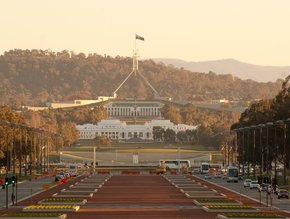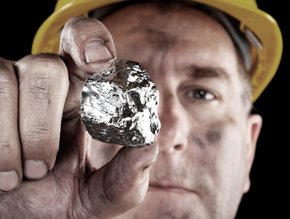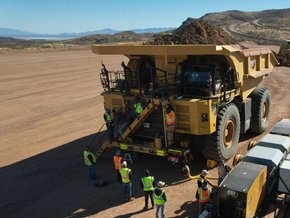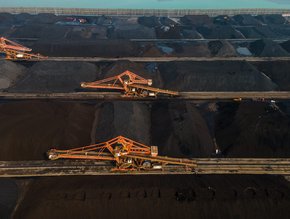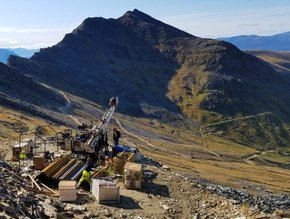BHP Billiton slimming down to become lowest-cost iron ore producer

BHP Billiton has announced plans to cut capital spending and operating costs for iron ore, following the company’s demerger of South 32. The strategy aims to make BHP the lowest-cost iron ore mining company in the world.
"The iron ore and metallurgical coal markets are currently well supplied and we do not expect to invest significantly more in these businesses at this time," BHP Billiton Chief Executive Officer Andrew Mackenzie said. "Instead, our capital will be focused on the commodities we believe will have attractive supply fundamentals."
• Related content: Iron ore wars: Andrew Forrest fights back
The iron ore baron said it would cut capital and exploration expenditure to $9 billion in the 2016 financial year, from $12.6 billion in 2015. BHP also said it would reduce iron ore unit costs at its Western Australia operations.
"The potential benefits are substantial. We expect to cut unit costs at Western Australia Iron Ore by 21% to $16 per ton during the 2016 financial year,” said Mackenzie.
BHP’s adversary (or partner-in-crime), Rio Tinto, is expected to lower their cost per ton to $17 this year. The two miners, along with Vale, have been criticized in recent months for saturating the iron ore market.
Fortescue Metals Group chairman Andrew Forrest has launched an all-out war on BHP and Rio Tinto, saying: “When multinationals pursue business strategies which flood the market in a last-man-standing race to the bottom, we don’t have free markets. Australians own the iron ore.
The company recently defended itself, saying its approach was rational and that it stopped major investments in new capacity four years ago.
"What we're doing very clearly is we're operating our enterprise in a very economically rational way," said Alan Chirgwin, iron ore marketing vice president.
"We took action, so it wasn't just words. In 2011, that's the last time our board approved billions of dollars of additional investment in expansion."
• Related content: UPDATE: Atlas Iron restarts mining operations at Pilbara mines
Speaking to The Australian Financial Review earlier this week, Mackenzie rejected the idea they were losing the public relations battle against Fortescue Metals Group.
"I think, on the whole, that there is a core in Australia that is very committed to free trade and free markets," Mackenzie said. "If you were to look at the way pricing has moved in almost every commodity recently, they've all had similar properties - oil, gas, agricultural commodities, [and] other mining commodities. And in most cases, the lowest-cost suppliers are the ones that continue producing, and the highest-cost suppliers, if there has to be some give, are the ones that come out of the market or reduce their production.”

